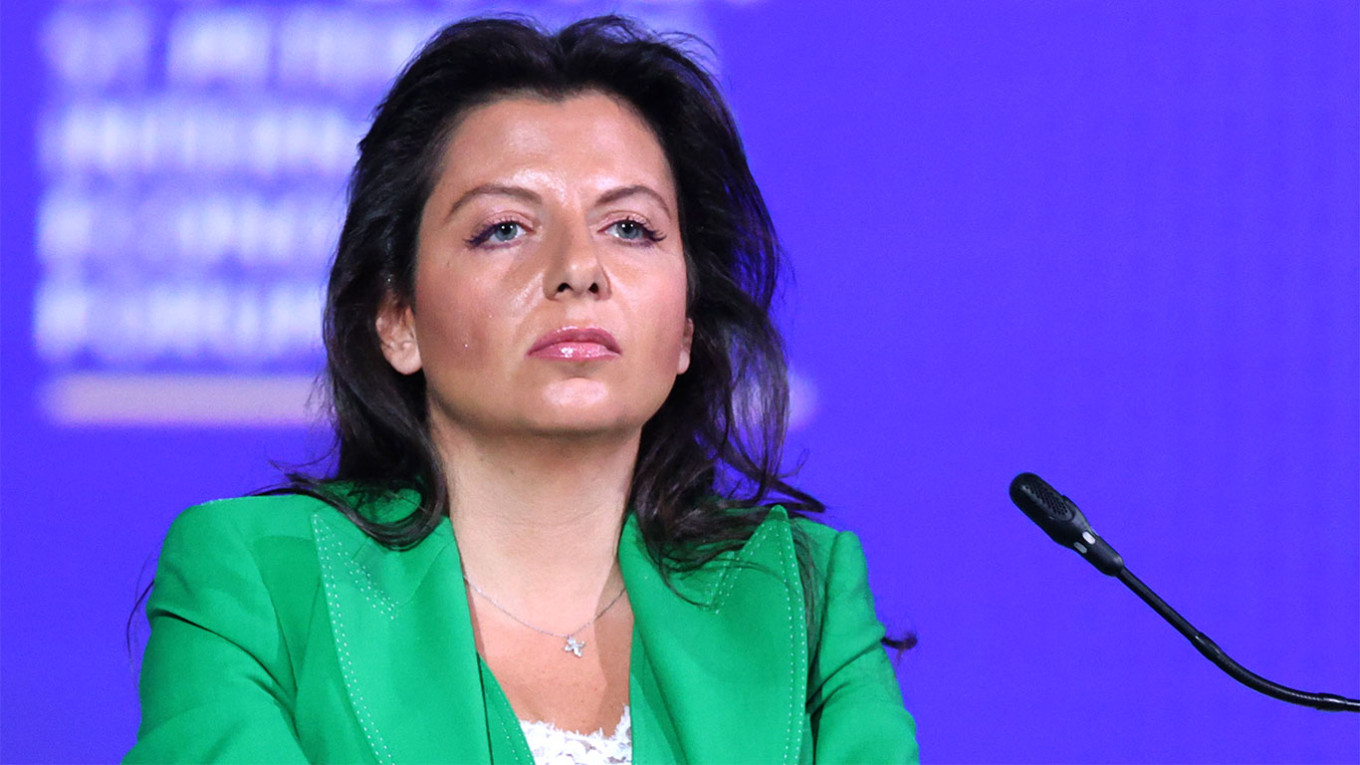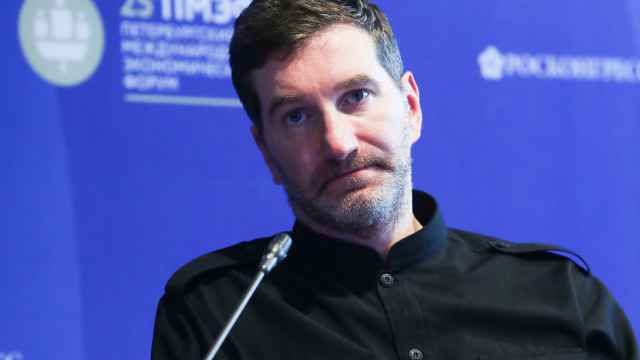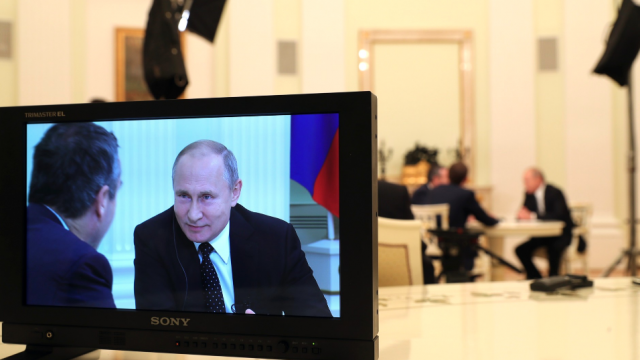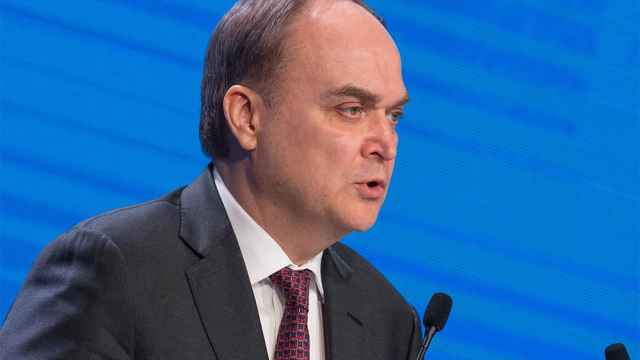The editor-in-chief of the Kremlin-backed RT network on Monday appeared to suggest Russia’s involvement in the 2018 poisoning of former spy Sergei Skripal in Britain — a crime Moscow has repeatedly denied.
Western countries hit Russia with sanctions and expelled dozens of diplomats following the near-fatal poisonings of Skripal, a former Russian intelligence officer who acted as a double agent for Britain, and his daughter Yulia with a banned nerve agent in the British city of Salisbury.
In a response to the daughter of far-right ideologue Alexander Dugin’s death by car bombing over the weekend, RT chief editor Margarita Simonyan called for vengeance against the alleged perpetrator, who Russia’s FSB security service said fled to Estonia following the attack.
“I am sure we can find professionals willing to admire the famous spires in the vicinity of Tallinn,” Simonyan tweeted — an apparent reference to the alibi of the alleged Skripal poisoners, who told RT shortly after returning to Russia that they had been visiting Salisbury to “admire” its cathedral’s spires.
The tweet is the closest a Russian public figure has come to acknowledging any involvement in the Skripal poisonings.
Media investigations have identified the two men behind the poisonings as Russian military intelligence officers Anatoliy Chepiga and Alexander Mishkin. But the Kremlin has repeatedly said the two men were vacationing in the British city when Skripal was poisoned with the deadly nerve agent Novichok.
The suggestion by Simonyan is the latest example of relations between Russia and the West continuing to deteriorate as a result of Moscow’s invasion of neighboring Ukraine.
A Message from The Moscow Times:
Dear readers,
We are facing unprecedented challenges. Russia's Prosecutor General's Office has designated The Moscow Times as an "undesirable" organization, criminalizing our work and putting our staff at risk of prosecution. This follows our earlier unjust labeling as a "foreign agent."
These actions are direct attempts to silence independent journalism in Russia. The authorities claim our work "discredits the decisions of the Russian leadership." We see things differently: we strive to provide accurate, unbiased reporting on Russia.
We, the journalists of The Moscow Times, refuse to be silenced. But to continue our work, we need your help.
Your support, no matter how small, makes a world of difference. If you can, please support us monthly starting from just $2. It's quick to set up, and every contribution makes a significant impact.
By supporting The Moscow Times, you're defending open, independent journalism in the face of repression. Thank you for standing with us.
Remind me later.






